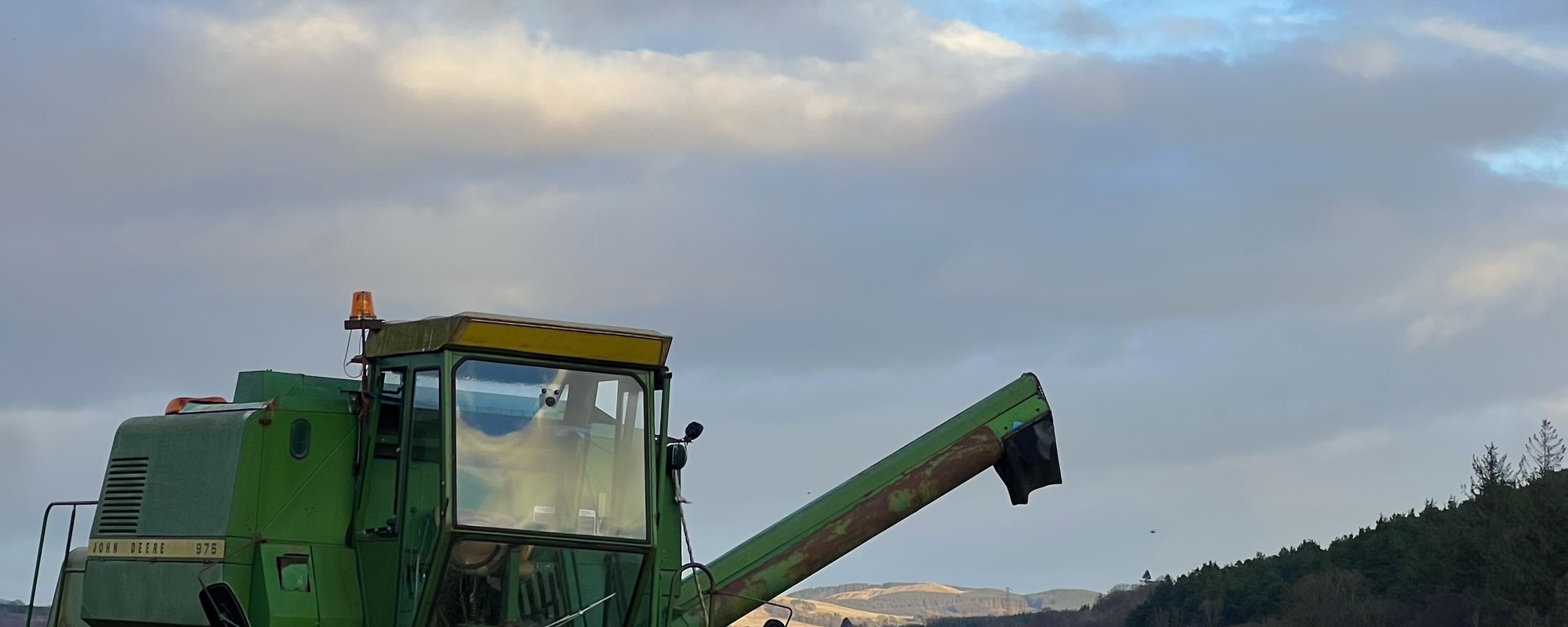The numbers may look steady. The headlines may sound reassuring. But dig beneath the surface of this week’s Spending Review and one thing is clear: farmers and land agents are once again being asked to do more with less, and with less clarity.
Chancellor Rachel Reeves’ review delivers a top-line settlement of £2.7 billion per year for farming and nature recovery. On paper, this keeps things broadly in line with previous budgets. In reality, it hides some uncomfortable truths.
Let’s break it down.
💰 The Budget Says “Stability” — But It’s a Real-Terms Cut
Defra’s total allocation will rise from £7.3bn to £7.4bn by 2028–29. That might sound like progress, until you factor in inflation. When adjusted, it’s actually a 2.3% real-terms cut, and that comes after years of rising input costs and eroded farm margins.
Within that budget, £100 million is being cut from the Farming and Countryside Programme, which includes SFI, Countryside Stewardship, Landscape Recovery, and capital grant schemes.
So yes, the government is continuing to fund farming. But not at a level that reflects the reality on the ground.
And it gets worse.
📉 No Breakdown. No Urgency. No Certainty.
We still don’t know how funding will be split between the various Environmental Land Management (ELM) schemes. SFI, CSS, Landscape Recovery, all left hanging in the balance.
There’s no detailed guidance, no published strategy, and no real urgency to give farmers or agents the tools they need to plan ahead. This lack of information isn't just frustrating. It’s undermining confidence in the system itself.
If you're a farmer trying to decide whether to invest in cover crops or no-till for the next SFI agreement, or a land agent advising clients across multiple holdings, you're being left to guess.
🧾 The “Uplift” to ELMs is Misleading
Government talking points highlight a boost to ELMs funding, up to £2 billion by 2028–29 from £800 million in 2023–24.
But let’s be honest: that’s not a genuine increase. That earlier figure came before ELMs were even fully operational. In reality, the increase is a modest £200 million over four years, barely enough to keep pace with inflation.
The NFU has already made it clear, £2.7 billion a year is needed to meet the government’s own environmental ambitions. So while the headlines talk growth, the numbers say otherwise.
🌾 Where’s the Backing for Food Security?
The government says food security is national security. The Chancellor even claimed the UK “cares where things are made and who makes them.”
But once again, British farmers have been left out of the industrial strategy conversation. No clear investment plan. No access to innovation funding. No meaningful support for resilience in the food supply chain.
This is a missed opportunity, not just for farming businesses, but for the country’s wider economic and environmental goals.
🏚️ Family Farms Still Under Threat
One of the most damaging omissions? The government’s refusal to reverse the planned 20% inheritance tax on agricultural assets, dubbed the “family farm tax.”
This decision shows a clear lack of understanding of how farming businesses are structured, and a worrying disregard for the long-term future of multi-generational farms.
🧠 Our Take: You Can’t Make Plans with Political Vagueness
For land agents and advisors, the implications are serious. You're expected to guide clients through a complex, evolving compliance landscape, but the rules keep shifting, and the funding keeps tightening.
That’s why we believe compliance needs to be systematised. You can’t afford to rely on guesswork or paperwork when funding is uncertain and scrutiny is rising.
JustFarm helps land agents and farm businesses take control — not just of records, but of risk.
With audit-ready evidence, field-by-field tracking, and scheme-specific guidance, you’ll be ready to deliver clarity even when government communications fall short.
In Summary
The Spending Review was an opportunity to rebuild trust and deliver certainty. Instead, it delivered vague commitments, partial figures, and missed chances.
It’s farmers and advisors who’ll pay the price, unless they get organised, fast.
Our advice? Don’t wait for clarity from the top. Build resilience from the ground up.




